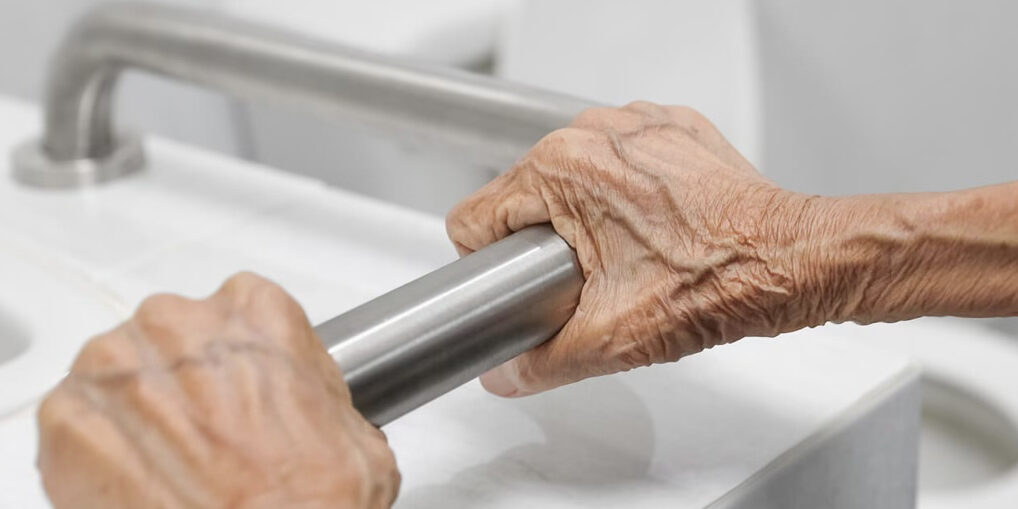 As we age, our bodies undergo various changes, and one common issue that many seniors face is incontinence. While it might not be a comfortable topic to discuss, addressing senior incontinence with sensitivity and understanding is crucial for maintaining the individual’s dignity and quality of life.
As we age, our bodies undergo various changes, and one common issue that many seniors face is incontinence. While it might not be a comfortable topic to discuss, addressing senior incontinence with sensitivity and understanding is crucial for maintaining the individual’s dignity and quality of life.
Understanding Senior Incontinence:
Senior incontinence refers to the inability to control bladder or bowel movements, leading to unintentional leakage of urine or feces. It can be caused by a variety of factors, including weakening pelvic floor muscles, nerve damage, certain medications, or underlying health conditions such as diabetes or Parkinson’s disease. Additionally, cognitive impairment, such as dementia, can contribute to incontinence due to a diminished ability to recognize and respond to the body’s signals.
Effects on Quality of Life:
The impact of senior incontinence extends beyond physical discomfort. It can significantly affect an individual’s emotional well-being, leading to embarrassment, shame, and social isolation. Many seniors may withdraw from social activities or avoid leaving their homes altogether, fearing potential accidents or the stigma associated with incontinence.
Managing Senior Incontinence:
While senior incontinence can pose challenges, there are various strategies and resources available to help manage the condition effectively:
1. Open Communication: Encourage open dialogue between seniors, caregivers, and healthcare providers. Creating a supportive environment where individuals feel comfortable discussing their concerns
can help identify underlying causes and develop personalized care plans.
2. Regular Toileting Schedule: A regular toileting schedule can help minimize accidents by ensuring that seniors frequently use the restroom throughout the day.
3. Pelvic Floor Exercises: Encourage seniors to perform pelvic floor exercises, such as Kegels, to strengthen the muscles responsible for bladder control. These exercises can improve bladder function and reduce the severity of incontinence symptoms.
4. Hydration and Diet: Proper hydration and a balanced diet can significantly manage incontinence. Encourage seniors to limit caffeine and alcohol intake, as these substances can irritate the bladder, and emphasize the importance of consuming fiber-rich foods to promote bowel regularity.
5. Incontinence Products: Utilize incontinence products such as absorbent pads, briefs, or protective undergarments to give seniors peace of mind and maintain their dignity while managing leaks.
6. Environmental Modifications: To enhance safety and accessibility, make necessary adjustments to the senior’s living environment, such as installing handrails in the bathroom or using bedside commodes.
7. Seek Professional Guidance: Consult with healthcare professionals, including physicians, urologists, or continence specialists, for comprehensive assessment and personalized treatment recommendations.
Promoting Dignity and Empathy:
Above all, it is essential to approach senior incontinence with empathy and respect. Recognize that it is a common and often treatable condition that should not define an individual’s worth or identity. By fostering a culture of understanding and support, we can empower seniors to live fulfilling lives despite the challenges posed by incontinence.
In conclusion, addressing senior incontinence requires a holistic approach considering the condition’s physical and emotional aspects. Through open communication, proactive healthcare management, in-home strategies, and a commitment to promoting dignity and empathy, we can support seniors in maintaining their independence and quality of life.
Feel free to peruse our website’s caregiver resources and explore relevant topics such as medical assistance, personal care, and senior companionship.
We are here for you and happy to assist your family. Reach out to us today to learn more about our team of caring and experienced personal caregivers, registered nurses, and home health aides who expertly serve families like yours. Call us at (770) 239-1770 with any questions.







